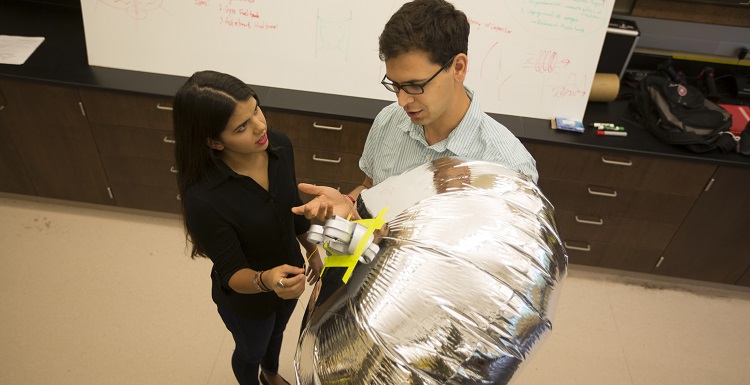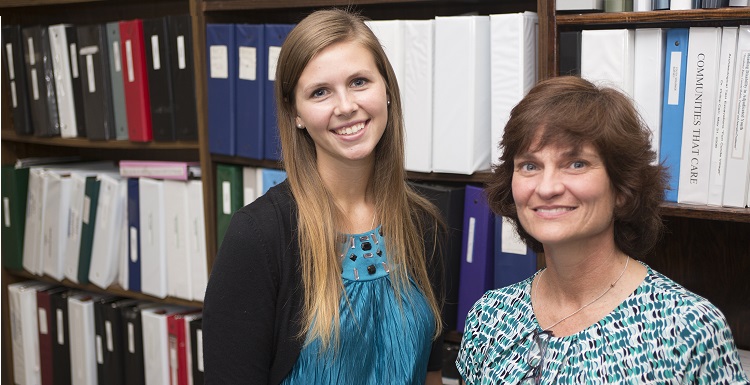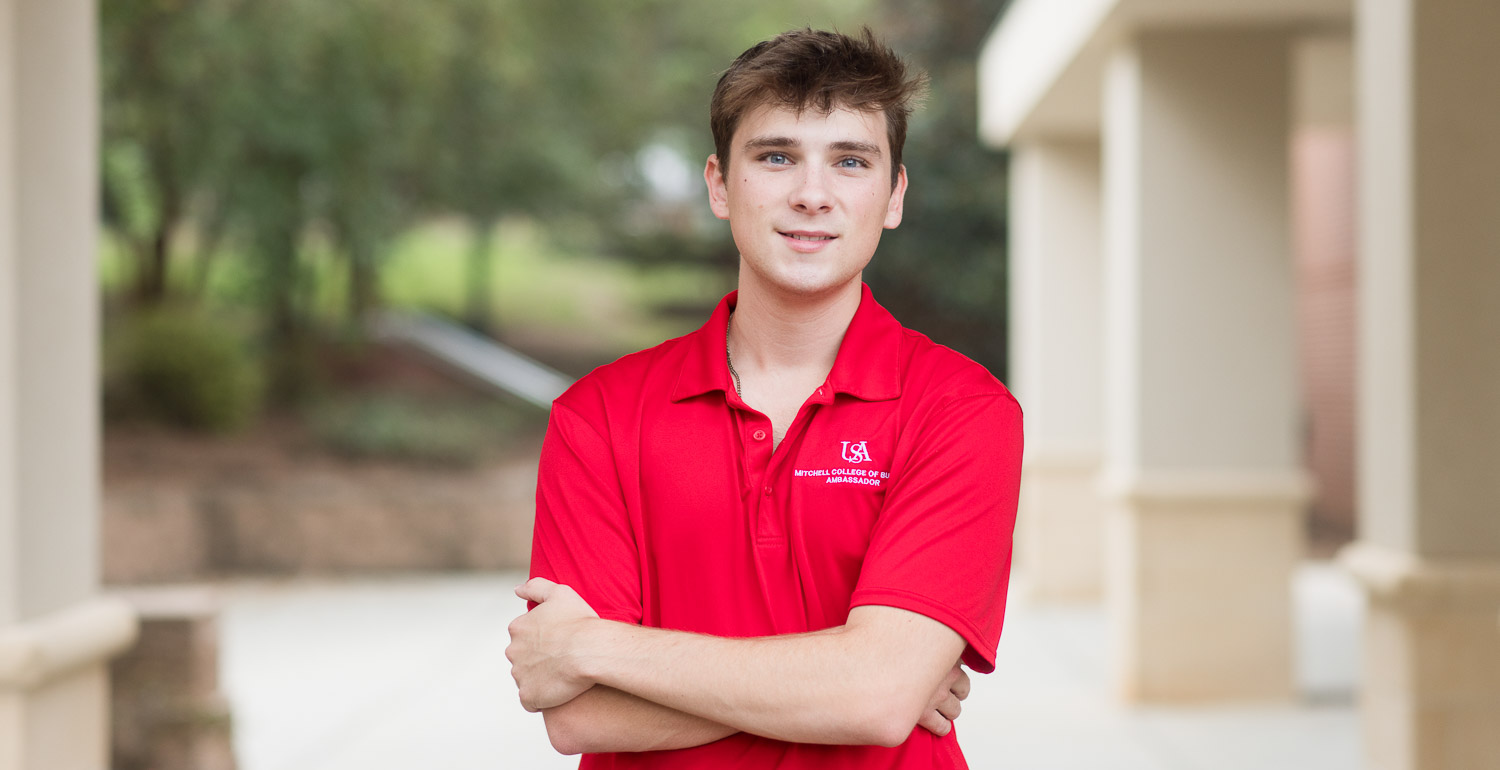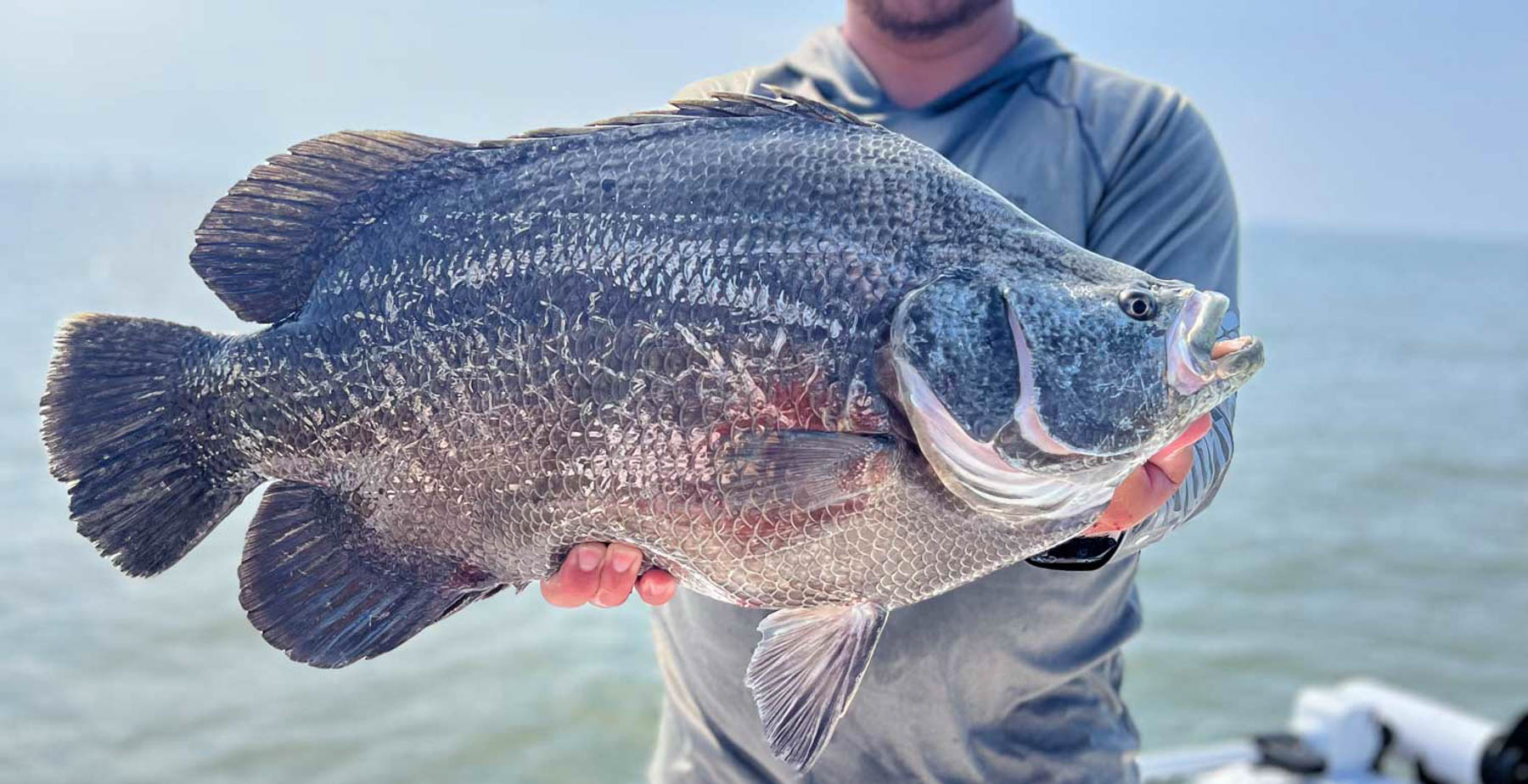Undergrads Get 'High Impact' Research Experience
Posted on October 9, 2015

When senior psychology major Kali Thompson signed up for a summer of undergraduate research at the University of South Alabama, she didn’t expect it to change her career path.
Thompson, a psychology major from McComb, Ill., worked alongside her mentor, Dr. Jennifer Langhinrichsen-Rohling, professor of psychology, exploring the possible relationship between negative, or insecure, attachments in infancy or early childhood and higher suicidal tendencies in later life. Through her research, she learned something unexpected about herself.
“Undergraduate research definitely opened my eyes to how important research is not only in higher education but in business, industry and other areas,” Thompson said. “I’d never considered undergraduate research as being for me, but I had a great mentor, and it was an eye-opening experience.”
When Thompson graduates in December, she plans to continue graduate studies in hope of becoming an industrial organizational psychologist.
Like Thompson, an increasing number of undergraduate students at the University of South Alabama are signing up to work with their professors on challenging research projects, an academic practice once available only to graduate students.
Dr. Jack Shelley-Tremblay, director of the University Committee for Undergraduate Research, said about 50 USA students participated in undergraduate research this summer, and about 150 students have applied for the volunteer experience during the 2015-2016 academic year.
“Exposure of undergraduates to basic research, scholarly and creative activity provides a strong teaching tool through ‘hands-on’ experience and provides the means to develop critical thinking,” said Shelley-Tremblay. “Students and faculty collaborate to design meaningful projects that often lead to presentations, professional meetings and publications in national and international journals. This builds resumes while providing great career and graduate school preparation.”
Academic research has been an integral part of academia since the founding of the world’s greatest universities centuries ago. Once considered the primary basis for granting academic tenure, academic research today extends to providing many scientific, economic, technological and societal developments beyond the campus through grants, awards and cooperative relationships with business, industry and the military.
"The Undergraduate Research Program is a tremendous asset at USA. Students who participate benefit from a ‘high impact’ experience that has positive effects that can last a life time,” said Dr. David Johnson, University provost and senior vice president for academic affairs. “USA's program is among the strongest in our region. We are very proud of the students who take advantage of this great opportunity, and we are very grateful to the faculty who take the time to mentor these outstanding students."
The Undergraduate Research Program encourages interaction among students from different disciplines while teaching them how to communicate technical concepts in non-technical terms to people outside their disciplines. The students regularly meet informally to discuss projects, progress and pitfalls.
Funding for the undergraduate program comes from the Alabama Space Grant Consortium, the Office of Academic Affairs and each of the University’s colleges, schools and departments. Some of the research jobs are paid positions with stipends of up to $2,500, including supplies, while others are unpaid internships.
Student participants are also expected to:
- Devote about 20 hours per week to their assigned research project.
- Write or present the results of their studies in a format considered appropriate for their discipline.
- Meet with other students and their mentor on a regular basis.
- Present their results to their peers on campus.
- Attend an organizational meeting, professional development workshops and complete an online training program on research ethics.
Brandi DePineuil, a junior from Ocean Springs, Miss., majoring in mechanical engineering, also spent her summer in the undergraduate research program. Like Thompson, DePineuil said the experience was beyond anything she had expected. She worked with Dr. Carlos Montalvo, assistant professor of mechanical engineering, on blimp dynamics where she learned to do mathematics modeling and write code.
“The practical application would be its use related to drones, but it is a stepping stone for me and my interest in aerospace engineering,” DePineuil said. “It was pretty fast-paced, and they keep you on track. Plus, it was helpful to be paid while I networked with people in so many other disciplines.”
Like Thompson, DePineuil said the undergraduate research experience made her want to continue doing research following graduation. “I ended up working a lot more with my mentor than I had anticipated, and I may eventually teach one day because I spent so much time with knowledgeable professors in a different setting than the classroom.”
Both Thompson and DePineuil will present the results of their research at the University’s 17th Annual Undergraduate Symposium on Thursday, Oct. 15, 12:30-4 p.m., in the Student Center Ballroom. Thompson will receive the Psi Chi Undergraduate Research Award. The event will be free and open to the public.
For more information on USA’s Undergraduate Research Program, visit https://www.southalabama.edu/programs/our/, or call (251) 460-6101.




